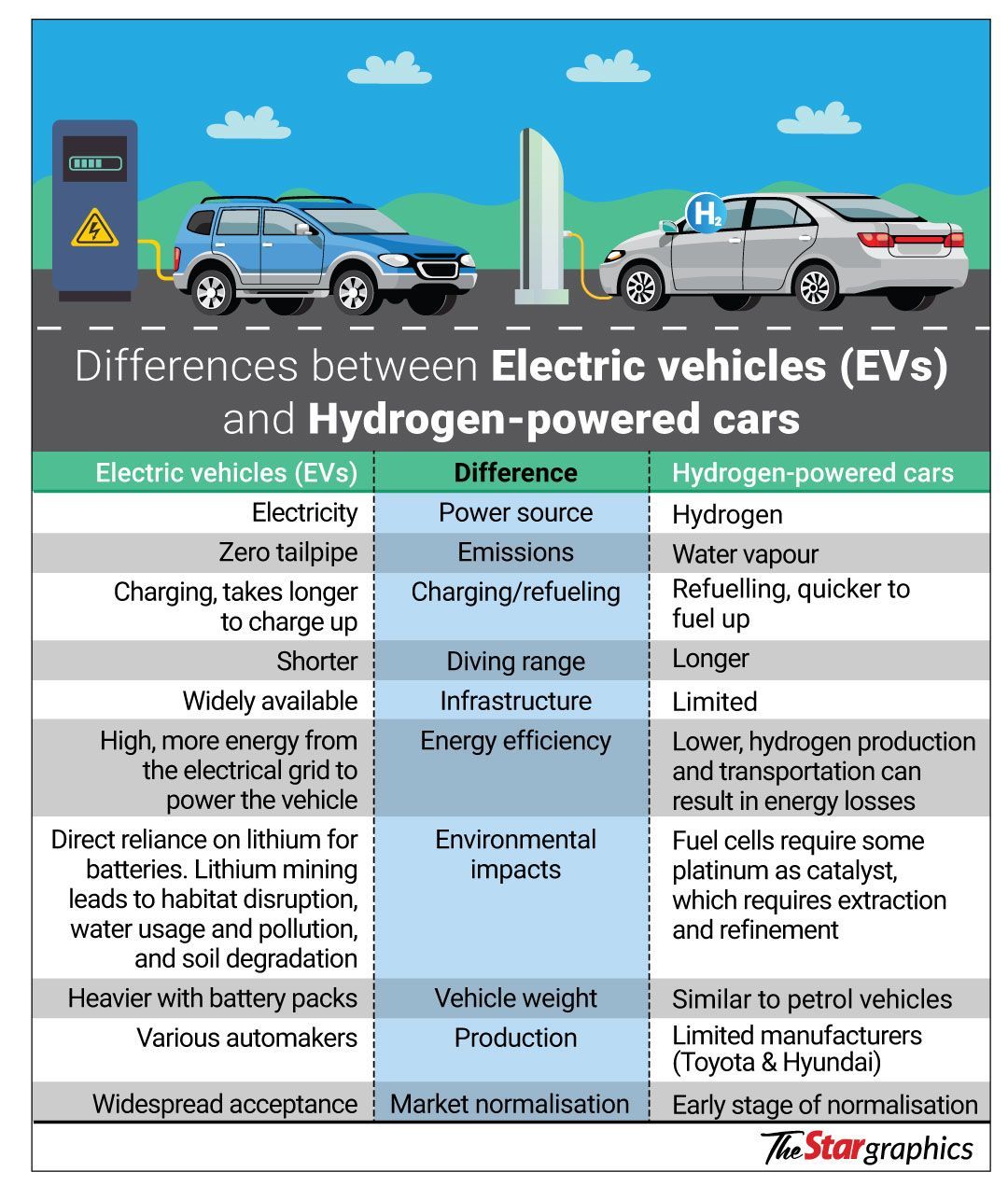Trial run: Sarawak is currently testing a hydrogen-powered autonomous rapid transit prototype vehicle which can seat up to 300 people. – ZULAZHAR SHEBLEE/The Star
PETALING JAYA: Industry experts forecast that hydrogen-powered cars, which are more eco-friendly than battery-based electric vehicles (EVs), will see a rise in Malaysia post-2024.
Federation of Motor and Credit Companies Association of Malaysia president Datuk Tony Khor Chong Boon said hydrogen is a substantial, clean and green energy source for the nation.
“It is a promising choice, given that countries such as Japan, the United States and various European nations are all moving in this direction,” he said.
ALSO READ: Hydrogen is the way forward
However, he points out the challenges of high production costs and the need for government investment.
Khor also highlights the environmental concerns of EVs, including battery disposal issues and higher greenhouse gas emissions during manufacturing.
“EVs require battery replacement after eight to 10 years, and the disposal of these batteries poses an environmental issue.
He noted that domestic automobile companies have shown keen interest in the prospects of hydrogen, prompting them to explore opportunities in China.
Khor emphasises the importance of addressing safety concerns related to hydrogen fuel stations, advocating for prioritised leak detection, isolation and comprehensive training for safe hydrogen handling.
Automobile enthusiast Tai Choo Yee echoes Khor’s sentiments, noting the environmental benefits of hydrogen-powered vehicles, especially in Malaysia, which primarily relies on coal and natural gas for electricity.
He highlights hydrogen cars’ quick refuelling time and comparable driving range, citing models like the Toyota Mirai and Hyundai Nexo. Despite the advantages, Tai acknowledges the high hydrogen storage and transportation costs.
He emphasises the need for more aggressive government investment and additional incentives to overcome misconceptions about EVs and promote the adoption of hydrogen vehicles.
“In contrast, EV development in Malaysia has been swift, spurred by tax incentives that have attracted a range of brands,” he said.
Tai anticipates the growth of hydrogen cars in Malaysia, with the Sarawak state government actively promoting hydrogen energy, aiming to become a commercial hydrogen producer by 2027.
“So, while hydrogen-powered cars are poised for a significant impact on Malaysia’s automotive landscape, infrastructure and education challenges must be tackled,” he said.
“Malaysians should gradually accept electric and hydrogen vehicles in the Malaysian market, with hydrogen cars set to shine in a few years.”



